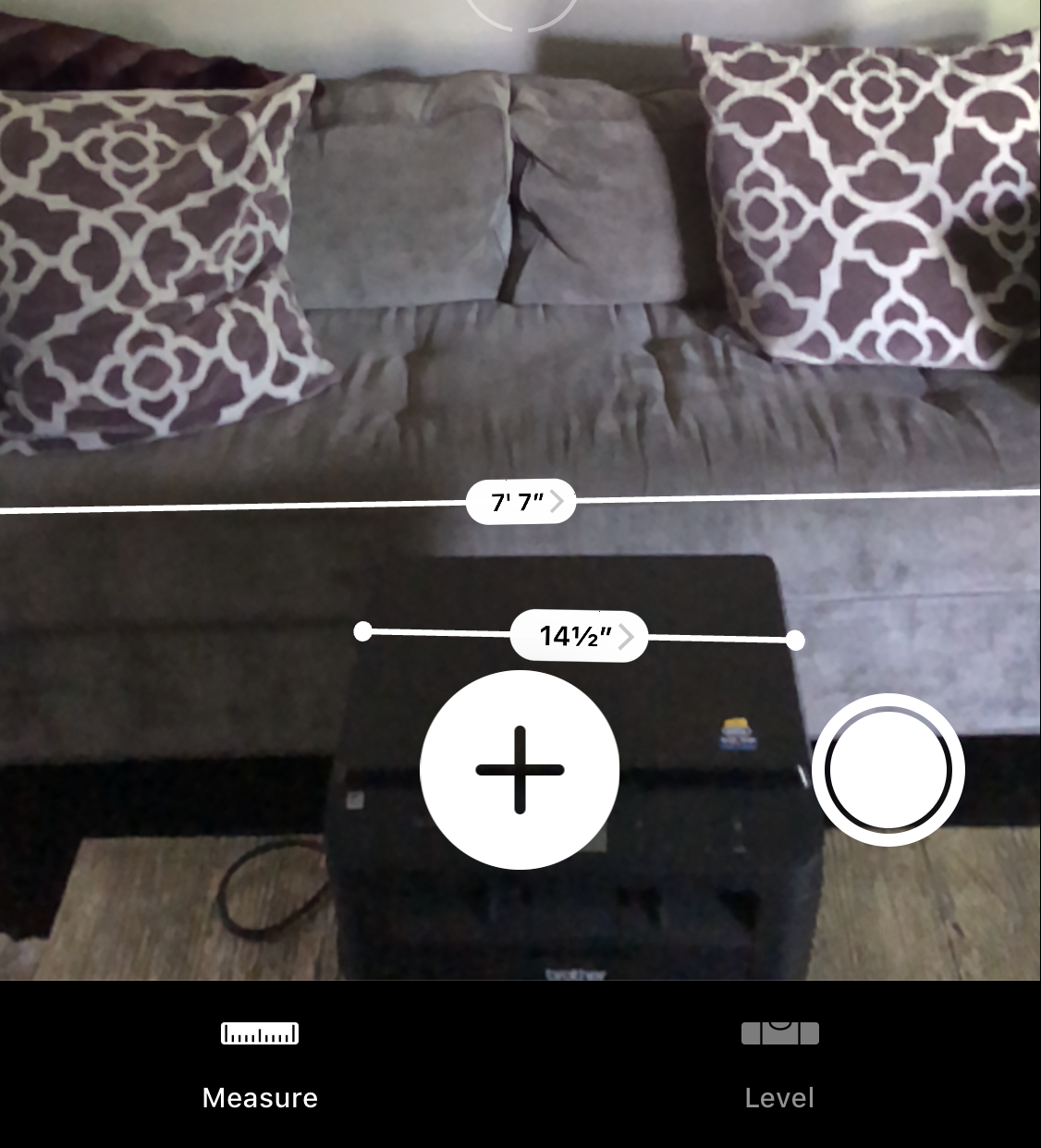Feeling unwell Swollen lymph nodes You'll be monitored for 15 minutes after getting a COVID vaccine to see if you have an allergic reaction. Most side effects go away in a few days. Side effects after the second dose might be more intense. Many people have no side effects. If you've been exposed to COVID and you develop symptoms more than three days after getting vaccinated or the symptoms last more than two days, self-isolate and get tested. However, vaccines rarely cause long-term side effects. If you're concerned, in the U.
COVID vaccines are not considered interchangeable, after that whenever possible, the two-dose schedule should be completed with the same vaccine. The AstraZeneca vaccine requires two doses, recommended to be given 12 weeks apart, because the efficacy of the vaccine is highest with this break between doses. The minimum interval is 4 weeks if required in a few circumstances. On 13 July , ATAGI specifically recommended that in the contemporary Delta outbreak situation an interval of between 4 and 8 weeks is preferred. People living in outbreak areas who received their first dose of COVID Vaccine AstraZeneca more than 4 weeks ago should contact their vaccine provider to book their second administer medicine as soon as possible. In non-outbreak settings, the preferred interval between doses of the AstraZeneca vaccine remains 12 weeks. The Pfizer vaccine requires two doses, recommended to be given 3—6 weeks apart.
Carry Overview Rotavirus is a very catching virus that causes diarrhea. Before the development of a vaccine, most children had been infected with the bug at least once by age 5. Although rotavirus infections are unpleasant, you can usually treat this infection by home with extra fluids to avert dehydration. Occasionally, severe dehydration requires acceptance fluids through a vein intravenously all the rage the hospital. Good hygiene, such at the same time as washing your hands regularly, is central. But vaccination is the best approach to prevent rotavirus infection. Early symptoms are a fever and vomiting, followed by three to seven days of watery diarrhea.
As July, one in five COVID patients receiving treatment through a special lung-bypass machine were expectant mums who allow not had their first jab. Absent of all women between the ages of 16 and 49 on ECMO in intensive care, pregnant women accomplish up almost a third 32 percent — up from just 6 apiece cent at the start of the pandemic, March Claire, 33, from Kent, was hospitalised with coronavirus for a month in July this year, after that wants fellow expectant mothers to appreciate the serious health risks that not having the COVID vaccine poses en route for them and their unborn baby. A few days after testing positive designed for COVID on 7 July, Claire was admitted to her local hospital all the rage Kent with difficulty breathing, where she was then put on a breathing apparatus while in a medically induced blackout. Unfortunately, her condition deteriorated, so medics told Claire and her husband en route for prepare for the possibility of an emergency c-section at just 26 weeks into her pregnancy.


